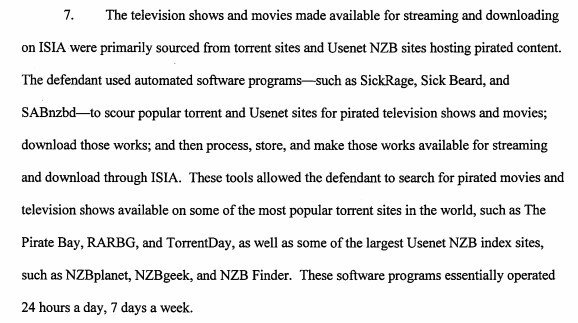Typhoon TV APK For Movies & TV Shows
Typhoon TV APK is an Android application to watch online movies and tv series for free on your Android via streaming. You can also download them so you can watch them offline whenever you want, just like the Netflix app does.
Typhoon TV provides video links Full HD 1080p, HD 720p and up to 4K / UHD resolution, it supports more than two hundred languages and multi-region. The app works on any Android Smartphone, tablet, etc as well as on an Amazon Firestick, Nvidia Shield TV, Android TV Box, Amazon Fire etc. So no matter what device you use, Android TV OS or a plain “pure” Android, this apk will work great for you. Even with the most outdated remote controls.
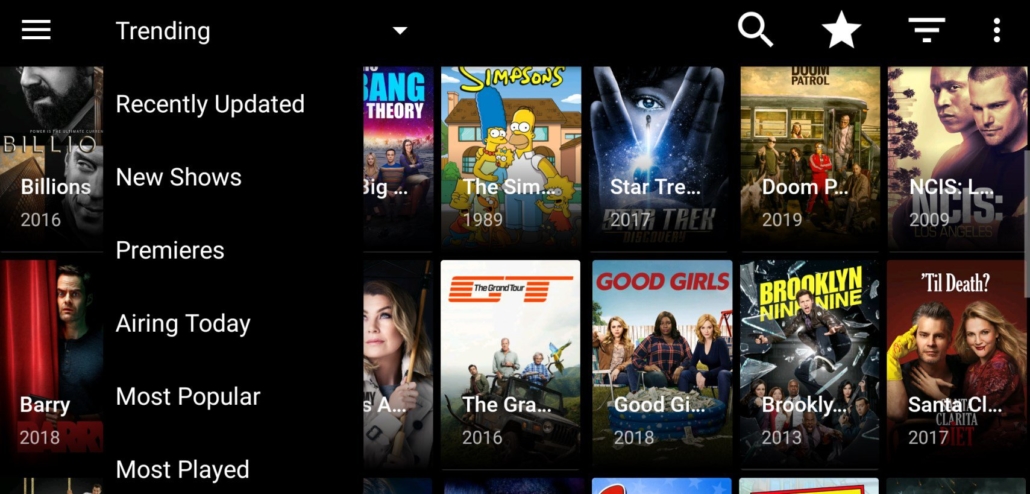
Typhoon TV User Interface
Just like Terrarium TV, also Typhoon TV Apk has a very simple and easy to use interface. You can use a remote control or touch interface in order to select among the categories which basically are Movies and TV Shows. Inside you will find the art of each video file so it is very intuitive to select anything. Also the settings section is great, gives you a lot of customization and fine tuning options like adding Trakt.tv and Debrid options, select the minimum quality, remove or add hosters and more. You can also enable subtitles by default in case you need them always on. So it is great for foreign language users but also for people with hear impairment issues.
Typhoon TV Features
- Typhoon TV APK provides frequent updates so that you don’t get bored and enjoy amazing latest features.
- Movies and TV shows are in HD and 4K resolution.
- Typhoon TV has inbuilt Media player to provide better viewing experience such as MX Player, VLC, etc.
- There are no ads in the app.
- Supports Real Debrid and Trakt
- Subtitles are also available for more than 220 Languages.
- Once installed all future updates can be done from the app.
Typhoon TV Changelog
Version 2.1.5: Fixed some minor bugs
Is It Safe?
Yes, Typhoon TV apk is a safe to use app. But one thing to consider, when using this app as any streaming apk, is your online privacy. So you should always use a VPN to protect your identity and security when streaming free videos online. So if you consider protecting your internet identity and demand high quality privacy, then protect your online presence with a trusted VPN service like IP Vanish or Private Internet Access. Both are paid services but guarantee your online anonymity without keeping logs or paid records!
Download Typhoon TV APK
This is the latest version of the Typhoon TV app. It has been updated on September 6th of 2019. You can get the Typhoon TV 2.1.5 apk from: https://bubblecloud.net/0cd42b71c45db7a9
More IPTV Free and Premium Apps
For more Live TV / IPTV apps you can have a look into the dedicated IPTV section we have created. Needless to say, Premium services are more stable but for a price. While watching for free is amazing, when it comes to IPTV the costs are so high so it is impossible to find a free reliable service.
More Android Apps
Did you like Typhoon TV apk? Then you can download Android apk (applications) that are very useful and you cannot find in the Google Play Store. Like an Android TV OS web browser (Firefox for Android TV, Silk Browser, Opera Browser). Or even streaming apk for movies, tv shows and live tv, gaming emulators, Android launchers, file managers and a lot of useful applications. All apk files have been scanned and are virus-free. Simply visit our dedicated section here.

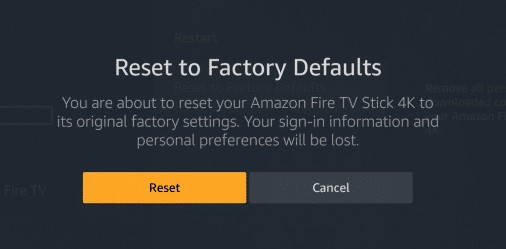


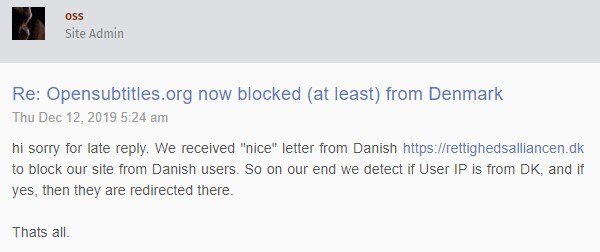
 Pirated copies of the latest Hollywood movies leak all year round, often ripped from DVDs, Blu-rays or online streaming platforms.
Pirated copies of the latest Hollywood movies leak all year round, often ripped from DVDs, Blu-rays or online streaming platforms.

 While most people behind unlicensed IPTV services prefer to sit in the shadows, popular YouTube celebrity OMI IN A HELLCAT took an entirely different approach.
While most people behind unlicensed IPTV services prefer to sit in the shadows, popular YouTube celebrity OMI IN A HELLCAT took an entirely different approach.
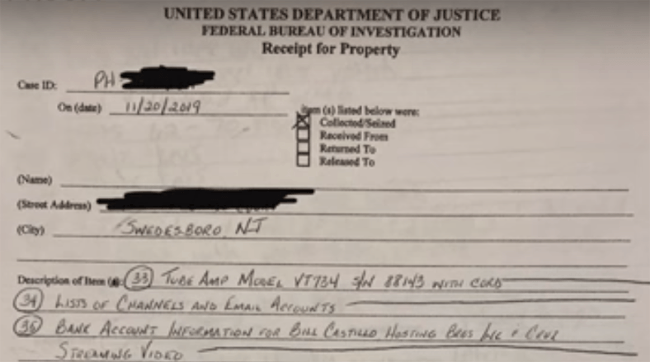

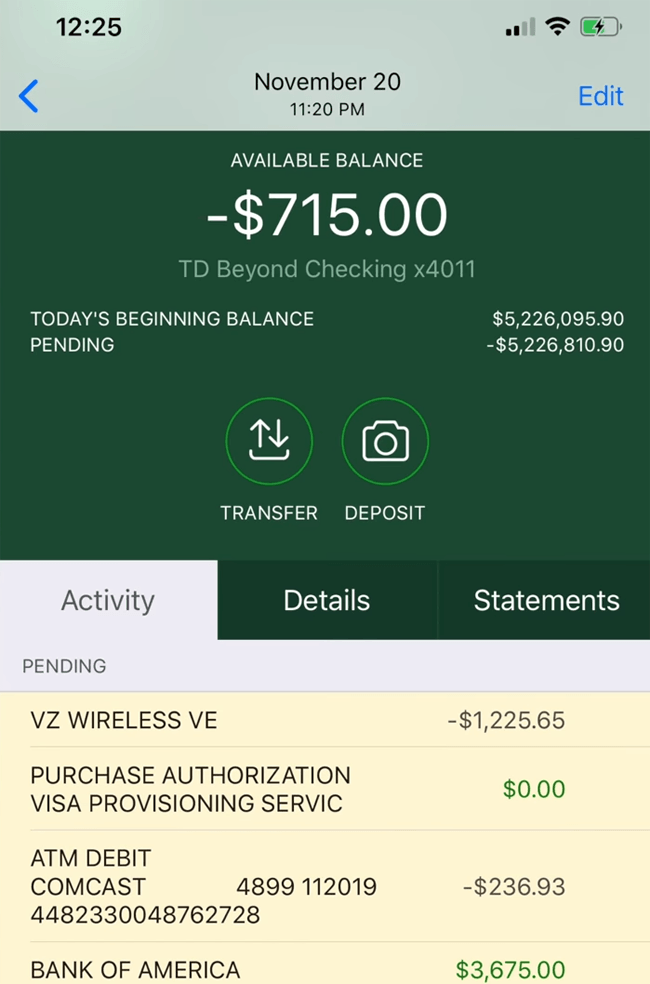
 The World Intellectual Property Organisation
The World Intellectual Property Organisation 
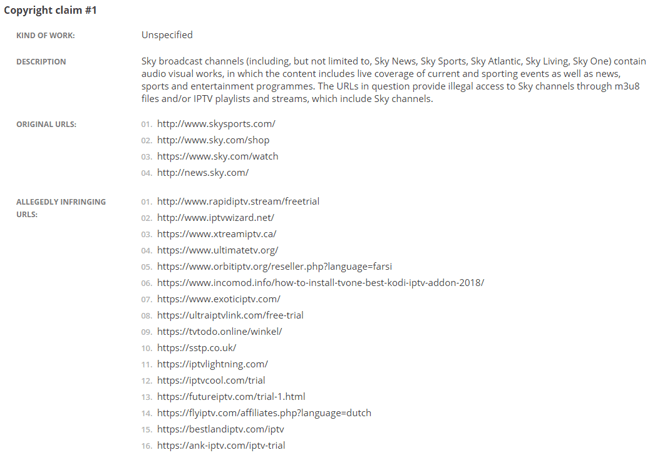

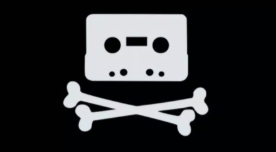 Two decades ago, the music industry was presented with an unprecedented threat. Napster made it possible for the public at large to share tracks with people they didn’t have to meet in person.
Two decades ago, the music industry was presented with an unprecedented threat. Napster made it possible for the public at large to share tracks with people they didn’t have to meet in person. Earlier this year a federal grand jury
Earlier this year a federal grand jury 